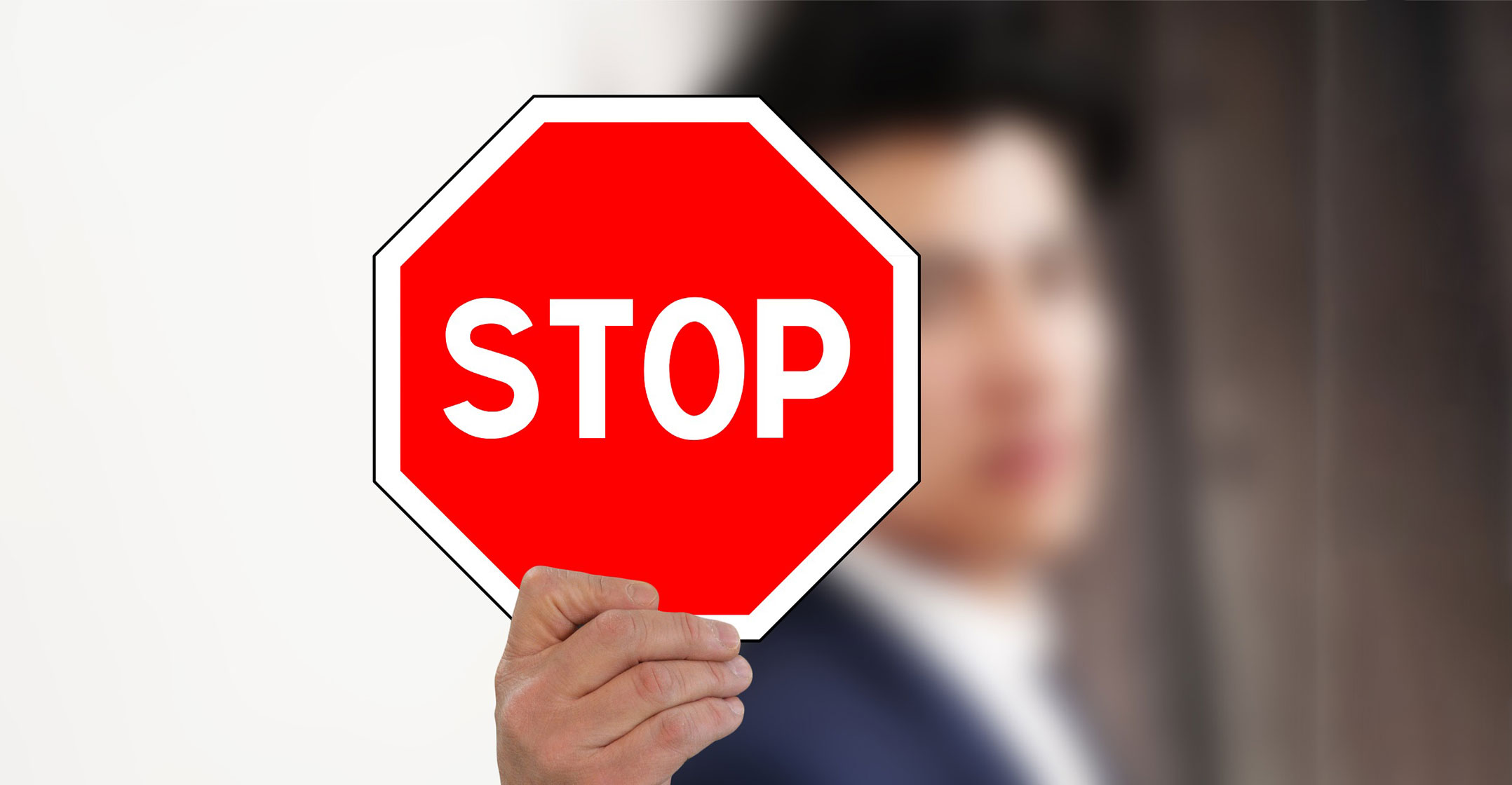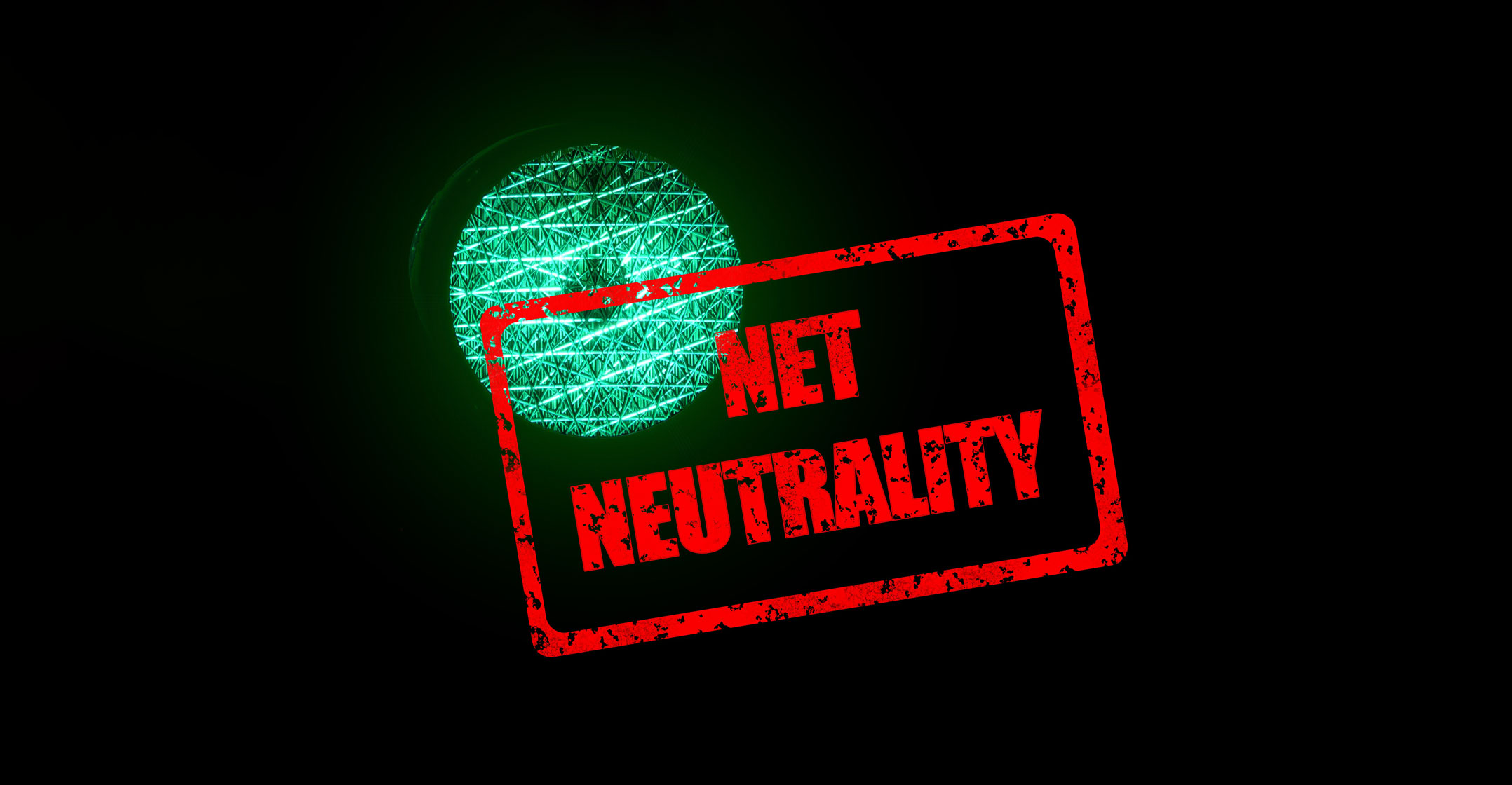 The Internet is disruptive by nature. It has transformed the way societies and economies work, communicate and play, businesses operate, and how governments deliver services to citizens. Digital technologies are paving the way forward for rapid innovation, economic growth and job creation. It’s therefore crucial that the Internet remains neutral and provides every individual or business with an equal opportunity to leverage its disruptive potential.
The Internet is disruptive by nature. It has transformed the way societies and economies work, communicate and play, businesses operate, and how governments deliver services to citizens. Digital technologies are paving the way forward for rapid innovation, economic growth and job creation. It’s therefore crucial that the Internet remains neutral and provides every individual or business with an equal opportunity to leverage its disruptive potential.
The principle of “network neutrality” or “open Internet” is central to the expression of online democracy. The Internet has meant that the cost of launching an idea, or a movement, is not an inhibitive factor; net neutrality promotes that concept. It follows that under net neutrality rules, companies and organisations as diverse as Google and your local Internet service provider, fibre network provider or mobile operator must treat all Internet traffic equally. Net neutrality means that ISPs can’t intentionally restrict access, slow down or charge different rates for specific Internet traffic, thus promoting fair competition and a free exchange of information.
The issue has reached prominence in Europe, the US and other markets, but where does South Africa stand on the subject?
While the net neutrality debate has been raging for many years, Covid-19 has made it more relevant as more services and people move online. Despite being a leading digital economy in Africa, South Africa has no specific regulatory framework when it comes to net neutrality. Policy recommendations were made by the department of communications in an ICT policy white paper published in 2016.
Commitment
The white paper outlines the government’s commitment to promoting net neutrality and stipulates that a sector regulator will make recommendations to the minister on whether net neutrality will be best achieved through regulation, guidelines, co-regulation or self-regulation. The sector regulator will also recommend whether any changes to legislation will be required to reinforce net neutrality, and what standards might need to be set for zero-rating, barring, throttling or paid prioritisation of traffic in a way that is fair, transparent and in the public interest.
While we are yet to see the implementation of a formal framework for net neutrality, it’s important to remember that it’s only a small part of how the Internet is and can be regulated. Bad, old-fashioned censorship by governments can still thrive in a network-neutral world, and regulators have seen the abuse of privacy-invasive “deep-packet inspection” on the rise where zero-rating has been used. Therefore, the focus on net neutrality should include all aspects of regulation. In this regard, the equitable interconnection and facilities leasing framework in South Africa, contained in the Electronic Communications Act, is a solid basis to expand the application of equitable principles to all aspects of net neutrality.
The South African government’s stance on net neutrality is also clear: to promote the Internet as a platform for free expression, with equal access to information and innovation, and to prevent the blocking, throttling or other unfair treatment of lawful Internet content.
 The Internet Service Providers’ Association (Ispa) has said that it supports net neutrality and made a strong recommendation to communications regulator Icasa to avoid any regulatory intervention. Ispa regulatory adviser Dominic Cull sees net neutrality as one of “the most important hallmarks of a functioning democracy”.
The Internet Service Providers’ Association (Ispa) has said that it supports net neutrality and made a strong recommendation to communications regulator Icasa to avoid any regulatory intervention. Ispa regulatory adviser Dominic Cull sees net neutrality as one of “the most important hallmarks of a functioning democracy”.
Without net neutrality, ISPs could have the power to suppress particular views, or prioritise those who can pay the most. New companies and technologies that can’t afford priority treatment would not be able to grow, and users would experience slower connections for certain online services – or pay more for certain kinds of Internet traffic such as video streaming. Well-funded global enterprises could dominate the online space and, without fair competition, growth and innovation, our digital economy may begin to stagnate.
We have seen how Covid-19 has impacted communities’ opportunity to interact physically, and so digital inclusion, which basically means access to stable Internet, is now, more than ever, a requirement for political and social participation and inclusion.
Due to social distancing requirements moving education and health services online, government recently mandated the zero-rating of nearly a thousand websites that contain educational and health-related content. This means any South African can access these sites for free, including government portals or virtual classroom platforms, while we remain in a coronavirus-related national state of disaster.
Zero-rating is important to ensure equitable access to essential online information and services. Zero-rating education and health websites certainly serves the public interest, but this is still taking place without an overarching net neutrality framework. This absence of clear guidelines or regulation brings uncertainty regarding which sites can be considered for zero-rating, when zero-rating can be too preferential or anticompetitive, as well as how ISPs need to prepare infrastructure for additional exemptions as notified by the government.
Legislate or lead?
The US, which has been a battleground over net neutrality, saw efforts to introduce rules reversed in 2018, but gain traction again in 2021. The to’ing and fro’ing around this issue is not only indicative of the bargaining power brought to bear by big corporations that dominate the space, but also the difficulty in regulating using out-of-date legislation. In the US, in particular, the differentiation between “common carriers” and “information service providers” has meant that net neutrality rules were overturned by the courts. In South Africa, we don’t have the issue of out-of-date legislation – our enabling legislation and its licensing regime puts all players (licensees) on an equal footing deserving of the same rights to access networks and services on equitable terms.
In addition, we have comprehensive consumer protection, competition and privacy legislation in place. These are all elements that make up the open Internet. Therefore, enabling the sector regulators in those spaces will make the Internet more democratic. Anecdotally, I have personally used the Competition Act as a “stick” to have a well-known website refrain from blocking access/traffic.
Worldwide efforts at net neutrality, or the open Internet, have varied from outright prohibition of discriminatory conduct (Brazil), banning differential pricing based on content (India) and prohibiting the blocking of Internet services, usage of deep-packet inspection to track customer behaviour, and otherwise filtering or manipulating network traffic (the Netherlands). Varying ex ante measures such as price regulation, surcharges and zero-rating have been applied with varying degrees of success in Canada, Singapore and Slovenia. Whereas transparency of network management practices and pricing are gaining ground in the US and UK. In Japan, it seems the pragmatists won by issuing guidelines based on three principles : 1) ISPs should deal with traffic surges by increasing network capacity; 2) altering Internet traffic speeds should be allowed only in exceptional situations; and 3) be justified by objective criteria.
 In South Africa, we already have another piece of useful legislation – the Electronic Communications & Transactions Act – which deals with the responsibilities of ISPs – very broadly defined – and can be expanded. The act also gave the sector a self-regulatory mechanism, which has served it well. It seems the approval of your peers is an important thing on the Internet!
In South Africa, we already have another piece of useful legislation – the Electronic Communications & Transactions Act – which deals with the responsibilities of ISPs – very broadly defined – and can be expanded. The act also gave the sector a self-regulatory mechanism, which has served it well. It seems the approval of your peers is an important thing on the Internet!
In conclusion, the local ICT sector has a robust legal and regulatory framework that addresses most of the elements of an open Internet. Most businesses and netizens support an open Internet. Even government supports an open Internet. But we will all require strong leadership in implementation by broadening access to the Internet, empowering sector regulators, and self-regulation, and in shaping and projecting a national cybersecure and cyber-democratic posture.
- Carmen Cupido is head of legal at Seacom




